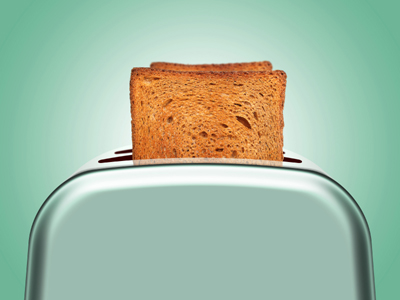
Physics - Infrared Radiation
This Physics quiz is called 'Physics - Infrared Radiation' and it has been written by teachers to help you if you are studying the subject at senior high school. Playing educational quizzes is one of the most efficienct ways to learn if you are in the 11th or 12th grade - aged 16 to 18.
It costs only $12.50 per month to play this quiz and over 3,500 others that help you with your school work. You can subscribe on the page at Join Us
Infrared radiation is a part of the electromagnetic spectrum. This is a spectrum of waves that also includes light. Infrared is also called thermal radiation and is one way in which heat is transferred. Infrared is emitted (given off), absorbed (taken in) and reflected by all objects. Hotter objects give out more infrared radiation than cooler ones. It has a wavelength of just a little longer than red light waves - you may have seen or done an experiment yourself using a thermometer, prism and light source. When the visible light is dispersed (split into the colors of the rainbow) by the prism, if you hold the thermometer just beyond where the red is, the reading will increase slightly.
1. Red, dull
2. White, shiny
3. Black, dull
4. Red, shiny
Ready for more?
not all...
quizzers. Try to win a coveted spot on our Hall of Fame Page.







